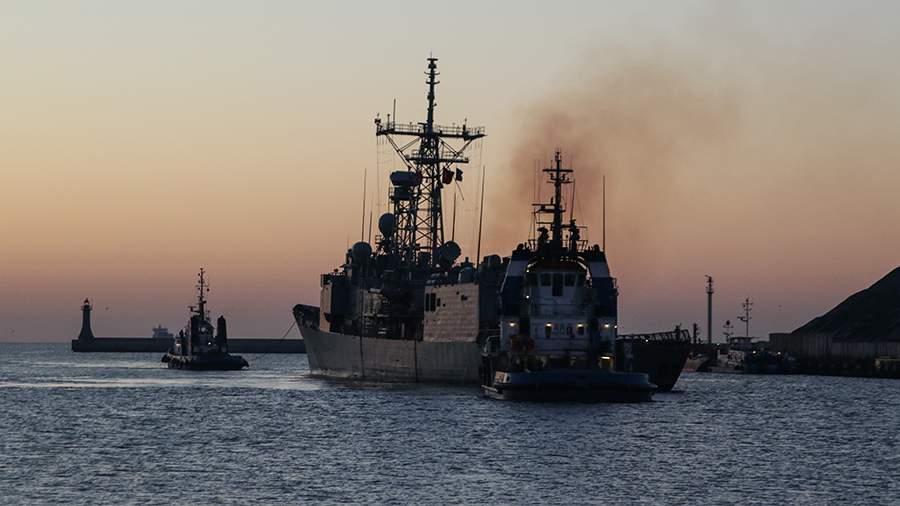A NATO flotilla has begun gathering off the coast of Estonia to protect cables in the Baltic Sea
- Новости
- World
- A NATO flotilla has begun gathering off the coast of Estonia to protect cables in the Baltic Sea
NATO warships have begun to gather off the coast of Estonia to protect cables laid in the Baltic Sea. This was reported by the British newspaper The Guardian on January 19.
A minesweeper from Germany, a frigate and a naval research vessel from the Netherlands have arrived in Tallinn. A minesweeper from France and additional alliance ships are expected to arrive.
"The group will expand in the near future, other ships will join us, so eventually we will have about six or seven ships," said Eric Cox, the Belgian head of the mine countermeasures task force.
The mission has been dubbed Baltic Sentry. According to Cox, the ships are expected to engage in surveillance and play the role of "security cameras" to prevent other ships from causing any damage to critical underwater infrastructure, Gazeta.Ru adds.
Earlier, on January 19, The Washington Post reported that the U.S. and other Western countries have found no evidence that Russia is allegedly involved in damaging cables in the Baltic Sea. In addition, according to the latest versions, the cables were taken out of service due to accidental accidents rather than sabotage.
Russian Foreign Ministry spokeswoman Maria Zakharova said on January 16 that the West needs versions about Russia's connection to the cable damage in order to limit Russian oil exports and reduce shipping in the Baltic Sea. In addition, Estonia, Finland and other European Union (EU) states wanted to qualify the incident as sabotage, which allegedly involved some "shadow fleet" of the Russian Federation.
On December 25, 2024, the EstLink 2 DC cable between Estonia and Finland suffered an emergency disconnection. The Estonian electricity and gas supply network operator Elering said that the cause of the incident was unknown, but the reliability of the country's power supply was ensured, and reserve capacities were being used to compensate for the lack of electricity.
Later, Finnish police stopped the Cook Islands-flagged tanker Eagle S on suspicion of breaking a cable in the Baltic. To avoid possible disruption of the investigation, the Finnish police banned seven members of the tanker's crew from leaving the country, and then the eighth.
Переведено сервисом «Яндекс Переводчик»


